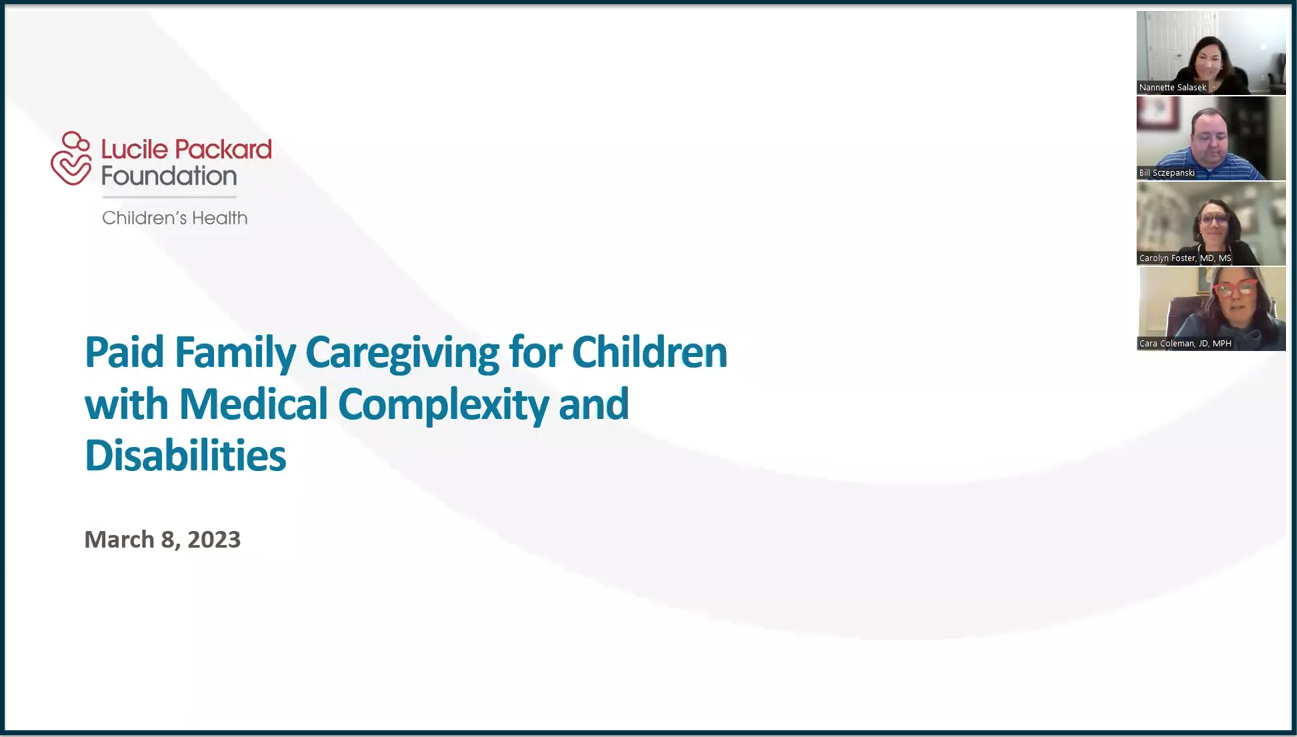Families often play a significant role in caring for children with medically complex needs and disabilities. This necessity became even more true during the Covid-19 pandemic due to workforce shortages and families spending more time at home. Covid-related flexibility in Medicaid rules made it easier to pay families to provide care to their children.
That flexibility is coming to an end. Some Mississippi families have spoken out about the need to continue this option, including through the Medicaid waiver for people with intellectual and developmental disabilities, which is up for renewal and is currently open for comment.
Families as Allies encourages the Division of Medicaid to continue to work with families and family-run organizations to examine responsive and accountable models for paid family caregivers.
The Lucille Packard Foundation for Children’s Health conducted a webinar, Paid Family Caregiving for Children with Medical Complexity and Disabilities, on March 8. We appreciate that the Mississippi Division of Medicaid staff attended the webinar along with Families as Allies. We encourage families, providers and policymakers to watch the webinar recording and review the slides and this Family CNA Program Overview Fact Sheet.
The Foundation provides this background and context for the webinar: “Pediatric home health care is in crisis. Children with medical complexity require a substantial amount of medical care and activities-of-daily-living support to live at home. However, due to a shrinking pool of available home health care workers and narrow state eligibility requirements for services, most of their care is increasingly delivered by families without pay. In response, the option to pay family caregivers for their children’s medical labor is gaining national traction. This webinar provided a brief overview of laws that govern care for this population and specific models of paid family caregiving, and how they have been recently expanded in several states. Speakers explored a policy solution to pay families to provide home health care to their children with medical complexity and disabilities.”

